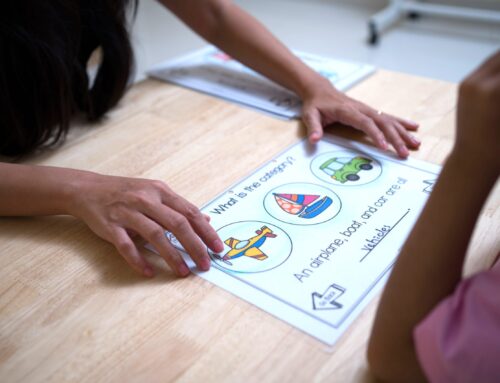Cambodia’s education system is undergoing a crucial transformation, with the inclusion of children with disabilities taking center stage. This journey, however, presents both challenges and opportunities for both the education sector and the wider society.
Statistics suggest that around 10% of Cambodian children live with some form of disability, encompassing physical, intellectual, and sensory impairments. This translates to a significant population requiring specialized support to access and thrive in educational settings.
Cambodia currently employs two primary approaches to cater to the needs of children with disabilities:
1. Special Education Schools: These dedicated institutions offer individualized curriculums and tailored teaching methods for students with specific disabilities. While providing focused support, these schools can inadvertently lead to social isolation and perpetuate stigma surrounding disability.
2. Inclusive Education: This model aims to integrate students with disabilities into mainstream classrooms, promoting social interaction and equal learning opportunities. However, it requires extensive teacher training, accessible facilities, and supportive resources, which are often scarce in Cambodia.
Challenges in Implementation:
Both approaches face significant hurdles. Special education schools struggle with limited resources, teacher shortages, and inadequate infrastructure. Inclusive education, on the other hand, requires significant adaptation within mainstream schools, including teacher training in disability awareness, accessibility modifications, and differentiated instruction methods.
Despite the challenges, there are encouraging signs of progress. The Cambodian Ministry of Education, Youth and Sport (MoEYS) has implemented various initiatives, including:
- Developing national policies and guidelines for inclusive education.
- Piloting inclusive education programs in select schools.
- Collaborating with NGOs and international organizations to provide teacher training and support services.
Looking Ahead:
The future of special education in Cambodia hinges on a multi-pronged approach:
- Increased government funding to expand resources and infrastructure for both special education schools and inclusive education programs.
- Enhanced teacher training in disability awareness, inclusive teaching methodologies, and specialized support techniques.
- Community engagement to break down stigma and foster acceptance of children with disabilities.
- Collaboration between MoEYS, NGOs, private sector, and international organizations to share knowledge and resources.
By addressing these challenges and seizing the opportunities, Cambodia can pave the way for an inclusive education system that empowers all children, regardless of their abilities, to reach their full potential.




Leave A Comment